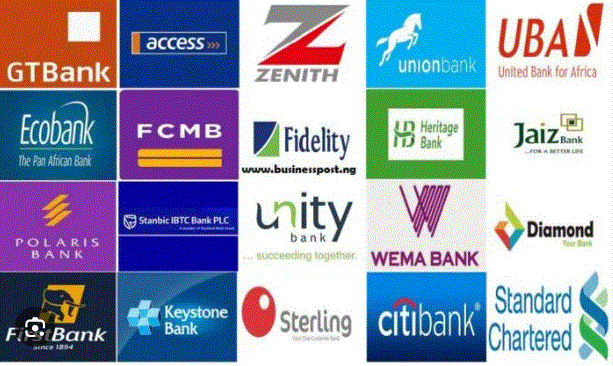Four of Nigeria’s tier-1 banks, namely FBN Holdings, Access Holdings, Guaranty Trust Holding Company Plc, and United Bank for Africa Plc, have revealed plans to raise over $3.03 billion (approximately N3.46 trillion) in fresh capital. This announcement comes shortly after the Central Bank of Nigeria (CBN) directed Deposit Money Banks to recapitalize.
Media reports indicate that these banks intend to raise funds from both the international capital market and the local market. FBN Holdings and GTCO have already announced their plans to raise fresh capital, while Access Holdings stated its intention to raise capital in both naira and US dollars.
FBN Holdings, in a notice of its Extraordinary General Meeting filed with the Nigerian Exchange Limited, disclosed its proposal to seek shareholders’ approval to raise an additional N300 billion capital. The company aims to achieve this through a public offering, private placement, or rights issue in either the Nigerian or international capital markets.
According to Afrinvest Capital Limited, the issuing house for FBN Holdings, the offer opened on March 27th, 2024, and closed on Monday, April 8, 2024. The proceeds from this capital raise will be utilized to purchase 10 Year Notes issued by Sterling Bank Limited.
The CBN’s directive, issued in late March, necessitated the review of capital requirements for commercial, merchant, and non-interest banks in response to both domestic and global shocks. The apex bank mandated commercial banks with international authorization to increase their capital base to N500 billion, while national banks must achieve N200 billion. Similarly, banks with regional authorization are expected to reach a capital floor of N50 billion, and non-interest banks must increase their capital to N20 billion for national authorization and N10 billion for regional authorization.
The CBN circular emphasized that only the share capital and share premium items on the Shareholder Fund portion of the balance sheet will be recognized for this round of recapitalization. Banks have been given a 24-month period, commencing from April 1, 2024, to March 31, 2026, to meet the minimum capital requirement, with strict compliance required with the minimum capital adequacy ratio.
Additionally, proposed banks seeking new licenses after April 1, 2024, will be subject to the revised minimum capital requirement, comprising paid-up capital. This directive underscores the CBN’s commitment to ensuring the stability and resilience of the Nigerian banking sector amid evolving economic conditions.















